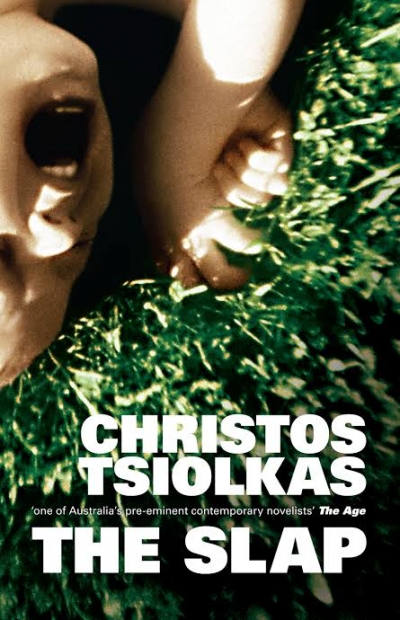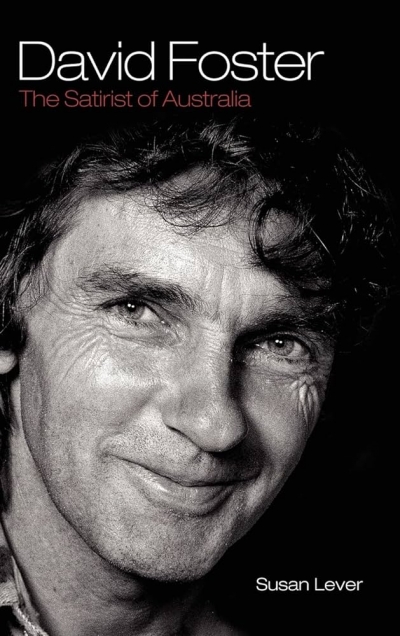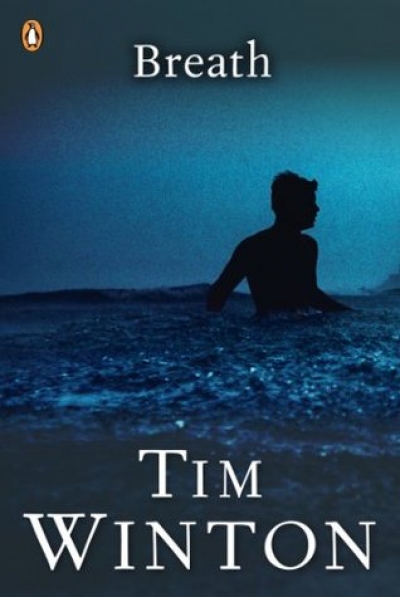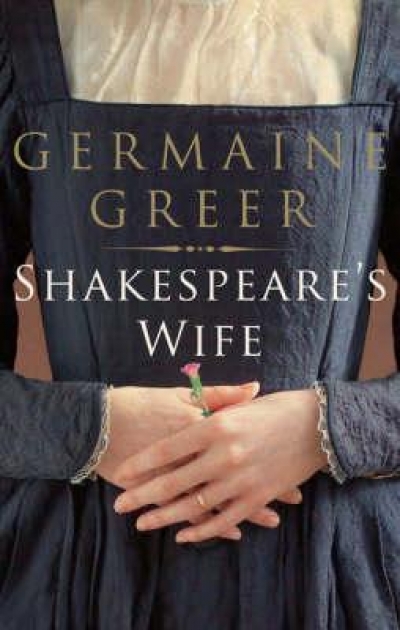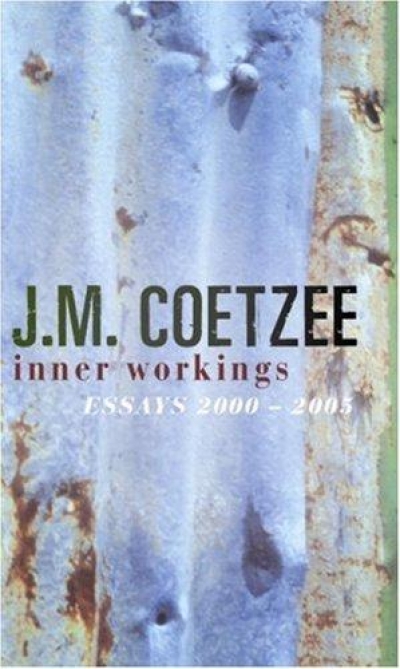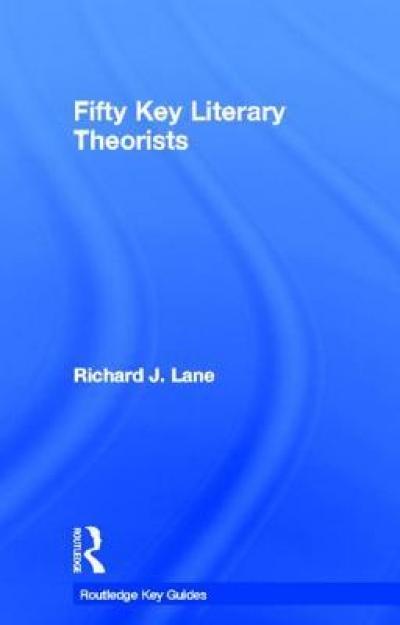James Ley
In The Ghost Writer (1979), the first of the nine Philip Roth novels in which Nathan Zuckerman plays a major role, the young Zuckerman uses a family squabble over an inheritance as the basis for a short story. His father is appalled. Why would Nathan depict his own family in such an unflattering light, perpetuate negative Jewish stereotypes, and give ammunition to anti-Semites? ‘You are not somebody who writes this kind of story and then pretends it’s the truth,’ his father despairs. ‘But I did write it,’ Nathan replies. ‘I am the kind of person who writes this kind of story.’
... (read more)Real what?
Dear Editor,
I have followed with interest the dispute between John Carmody and James Ley that proceeded the latter’s exceptionally sensible and even-handed review (March 2007) in which Mr Ley criticised those who maintain the divide between high and popular culture.
... (read more)Dear Editor,
Brian Matthews makes an eloquent defence of Manning Clark’s Kristallnacht fantasy, but I was surprised to find myself being drafted as a witness simply because I once said that autobiography is ‘a lying art’ (May 2007). Actually, I can’t remember ever having used quite those words, but, as Brian Matthews well argues, memory plays tricks.
... (read more)Dennis Altman
In any given year we will read but a tiny handful of potential ‘best books’, so this is no more than a personal selection. Here are two novels that stand out: Stephen Eldred-Grigg’s Shanghai Boy (Vintage) and Hari Kunzru’s Tranmission (Penguin). Both speak of the confusion of identity and emotions caused by rapid displacement across the world. The first is the account of a middle-aged New Zealand teacher who falls disastrously in love while teaching in Shanghai. Transmission takes a naïve young Indian computer programmer to the United States, with remarkable consequences. From a number of political books, let me select two, both from my own publisher, Scribe, which offers, I regret, no kickbacks. One is George Megalogenis’s The Longest Decade; the other, James Carroll’s House of War. Together they provide a depressing but challenging backdrop to understanding the current impasse of the Bush–Howard administrations in Iraq.
... (read more)
